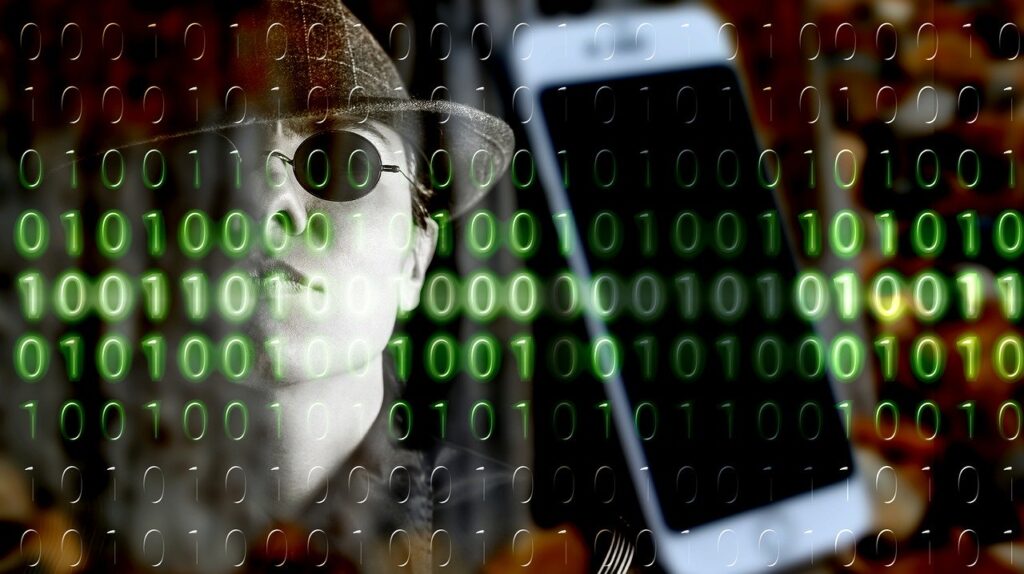Statistically, the most amount of their time people spends on their phones regardless of their age. Narrowing down, this statistic majorly applies to smartphones which are obviously more convenient and have better performance than their predecessors.
But as convenient as smartphones may be, we should remain cautious about security issues. According to TechNewsWorld, 2017’s last quarter had a mobile malware increase of 27 percent. We, therefore, need to ask ourselves, “How secure are these smartphones?’
Despite the statistics, we cannot really complain about the security issue because all technology and telecommunication companies dealing with mobile phone manufacturing have applied some pretty strong security measures on smartphones. Here are some of them below.
The smartphone’s operating system has additional security measures
There are so many applications for smartphones and each of them is in one way or the other a loophole into your phone for some people. However, Android and iOS provide additional security to their users like the isolation of different processes from each other. These operating systems also prevent apps from accessing your personal data unless you allow it.
Smartphones allow security updates
Keeping smartphones secure is a process that never ends for tech companies. Just as stated, some operating systems are constantly updating, and not all of them bring in new features that might be helpful against a security breach. Some are meant to close the loopholes in the phone’s code, which if not corrected, would make an easy way into your phone for whoever wanted to.
Encrypted messaging is possible with smartphones
Apps like Signal are designed to allow you to send encrypted messages through texts, videos, or audio calls. In case you require extra security, you can always consider such apps.
They have 2-verification security measures
This can work both as a security and privacy measure. Verifications will prevent access to your personal information by unauthorized persons by asking for the verification details.
All these security measures have helped a lot to keep smartphones safe. However, the security is still not 100% guaranteed, and Android seems to lag a bit behind its counterpart Apple. As mentioned, the ease of downloading apps on Android is quite high, and this makes it vulnerable to malicious applications.
How can smartphones be more secure?
1. Regulation of allowed apps by Android
The number of malware through applications has rapidly gone up. Therefore, OSes, especially Android need to limit the applications that users can download.
2. Choice of where to use your personal information
Mobile payments are the most prevalent payment methods nowadays, and places like supermarkets, casinos, hotels among others where you probably make payments should be verified. However, mobile payments are still on their way to get more secured since a lot of people complain about scams and thefts when making payments with the help of smartphones. Therefore, in such places as casino and other entertainment spots, where the possibility of being scammed is pretty high, users may use the Wirecard payment method and be sure that reliable online casinos with Skrill deposits will not let their users get into trouble.
Cautious use of the internet
We all know well, privacy is almost synonymous with security, and lack of security measures can open a door for attackers, which is why it is important to use privacy apps or be cautious of the sites you visit.
How effective are the biometric security systems?
According to experts, a biometric security system is the use of an individual’s unique physical features as security verification details. These features include fingerprints, iris, facial features among others. They are to help users to protect themselves from being scammed and reduce chances of providing any loopholes for thieves.
On the other hand, facial recognition is mostly found in the iPhones, while Android mostly has fingerprint recognition. While Face ID is not recognized as an ultimate security measure, it still remains a good tool to use to increase your privacy.
Our mobile phones pretty much sum up everything about us, and keeping it secure is the least we can do. We do send our personal data and without enforcing serious security measures, we may end up being compromised in so many ways.
